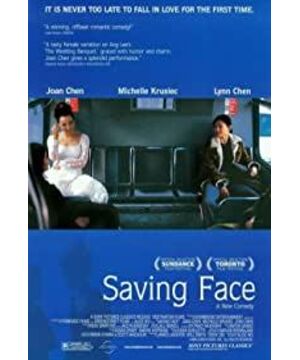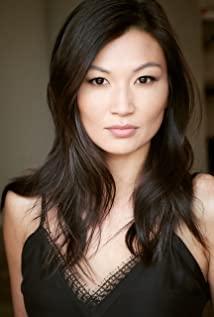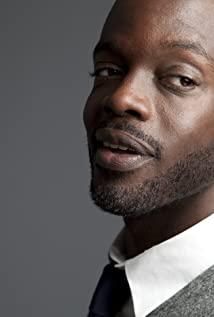At the beginning of the film, there is a scene where the "aunts" around Wil's mother are chatting with their parents at a Chinese social gathering, even the husbands are also discussing and comparing with each other. The story takes place in Chinatown in the United States, where Chinese people are the majority, so it is not surprising that such "three aunts and six grandmothers"-style discussions often occur, but it is very interesting to arrange it in a relatively open cultural environment like the United States. With the development of the plot, what kind of choices the protagonist will make is particularly curious and expected. Chinese people have always loved face, and the pressure from traditional prejudice and the comments of relatives and friends around them will easily sway their choices. For the grandfather in the story, the 48-year-old daughter (Wil's mother) became pregnant out of wedlock, and for Wil's mother, Wil's homosexuality, including the fact that Wil himself could not face his own feelings, all these It's something that makes them "lost face". Is to face, or to be happy? It is not only the life problems faced by the protagonist, but also the choices that plague Chinese people for a lifetime.
There are conflicting contrasts everywhere in the film. Under the cultural contrast, the whole film has been pursuing harmony among contradictions. The director presents these conflicts in a variety of ways. Slow, languid jazz plays in the background, and Wil's mother is discussing with the aunt next door and evening sorority, which family her daughter is pairing with; Wil's very close black neighbor friends are often seen at the house where their mother and daughter live. Here, just looking at a black face and a taller than average Asian person in such an environment has a special "contrasting cuteness".
The protagonist Wil is actually a combination of contradictions. As a Chinese who grew up in the United States, her personality should be very open to the infiltration of American culture, but because she grew up in a traditional Chinese family environment with grandparents and mother, her mind still cannot get rid of Chinese-style traditions. She is used to speaking fluent English, and occasionally speaking Chinese that is not very authentic; although she is not used to her grandfather driving her out because her mother was pregnant before marriage, she also arranges the first half of the film to keep her mother's behavior in line with tradition. The mother had blind dates with other old men; she bravely fell in love with Vivian, but dared not show it in front of anyone other than the two of them, even in the scene of keeping Vivian at the airport for further studies in Paris, because she did not dare to kiss Vivian in public again. She turned away in disappointment. In Vivian's words: "I can't get you between your mother and the pager...". In the film, there is a classic line in the scene of a dialogue between Wil and his mother: "Mom, I love you, I'm gay too", this line is praised by many comrades who watch the film As a classic, I think the emotions in it not only show the contradiction of Wil's inner feelings, but also the struggle and helplessness of the majority of comrades.
If the development of the plot has been "crushed" by the Chinese tradition of "loving face", the film may be too sad and boring. But the reversal of the plot is not too sudden. Wil's mother is finally getting married, but the object is not the person she loves, just an old man in her fifties who she thinks is "good". At this time, Wil discovers the person his mother loves, the one in her womb. The father of the child is actually a boy of the same age as him. Maybe he couldn't bear to see his mother spend the rest of his life with someone he didn't love, or maybe he was stimulated by his lover Vivian leaving her because he wasn't brave enough to face this relationship. Wil helped his mother escape from the wedding scene to the end. At the Chinese sorority meeting with many "aunts" and "uncles", he walked up to Vivian and took her hand, said "Fuck them" and kissed affectionately.
The ending is beautifully unreal, but not without meaning, and the last few lines of the film are entertaining. At the party, Vivian's father and mother said: "At least, she married a doctor", and then the camera jumped, and Wil's mother said to Wil: "When will you add a grandson to me?" The cold humorous language is rich Connotation, in a harmonious scene, three or two lines show the attitude of the parents. In the end, it is still impossible to get rid of the strong traditional thinking, as expected.
View more about Saving Face reviews










